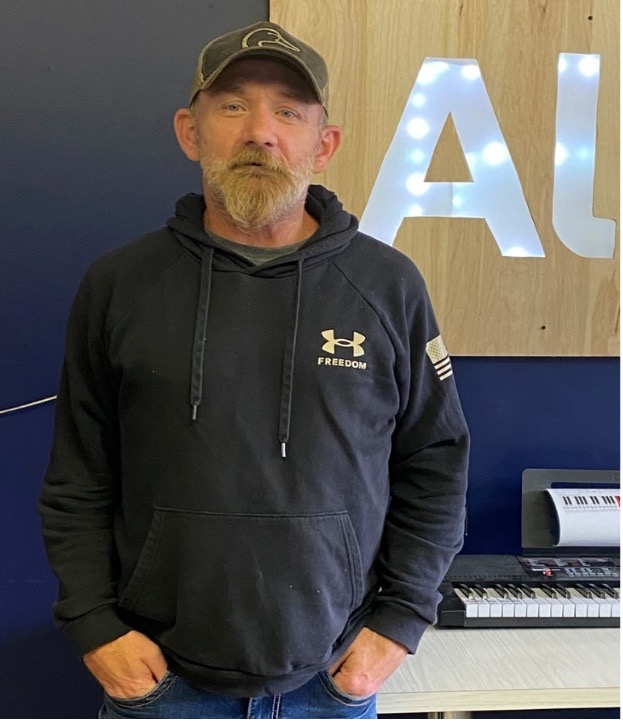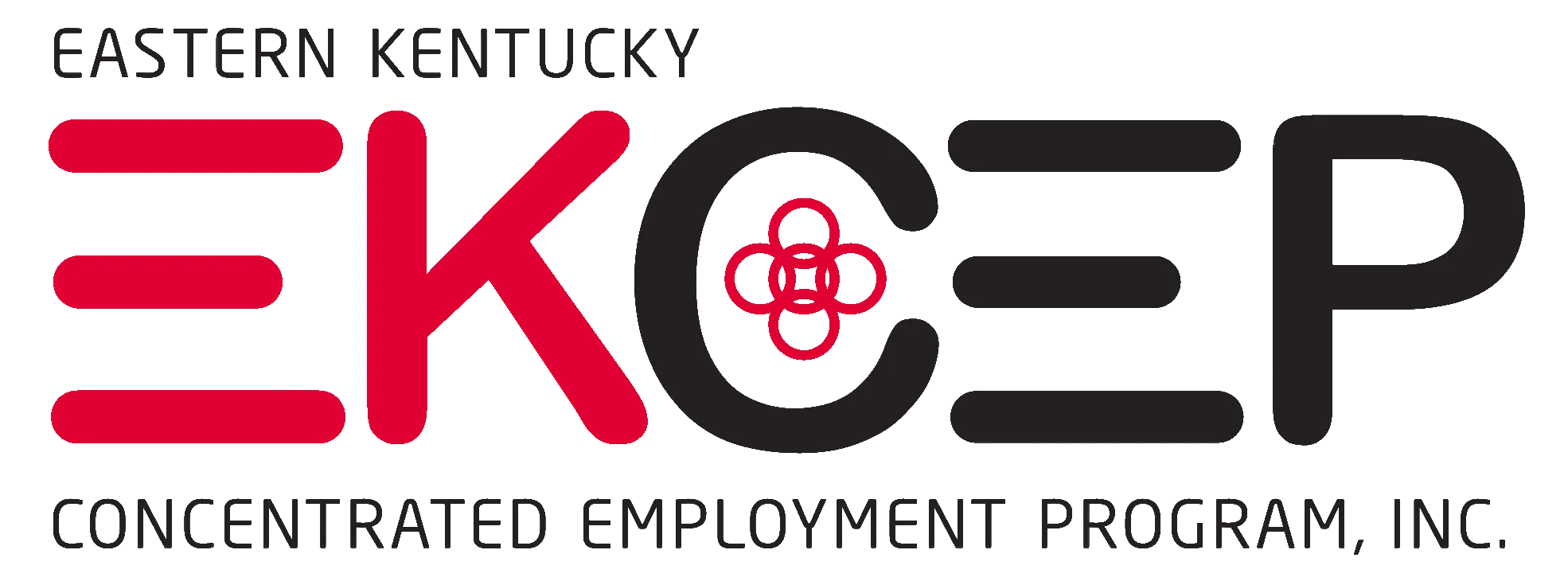
Charles Spence’s life was consumed by addiction for years, until he finally hit his lowest point. With nowhere left to turn, he entered treatment and slowly began to rebuild his life. By 2024, that included a focus on re-entering the workforce, a goal he achieved with help from EKCEP’s Project REACH initiative.
“It was in those darkest days that I found the strength to take the first step toward a new life,” Spence shared, highlighting his commitment to reclaiming his health and well-being.
Project REACH, designed to provide comprehensive career and support services to individuals in recovery from Opioid Use Disorder (OUD), became a cornerstone of Spence’s revitalization. His Job Entry & Retention Support Specialist (JERSS), Esther Haley of LKLP Community Action Agency, worked closely with Spence, offering individualized career planning, skills development, and crucial supportive services.
Haley stated that these experiences were among the most rewarding for her, observing the resilience needed to rebuild a life after addiction. She added that a commitment to change often results in significant personal growth.
“Working with a client in addiction recovery is one of the most rewarding experiences of my career,” she said. “I witnessed firsthand the strength it takes to rebuild a life after substance use, and the incredible growth that comes when someone is truly committed to change. Charles, in particular, came in uncertain and full of self-doubt, but through consistent effort and support, he rediscovered his confidence and sense of purpose.”
Through Project REACH’s comprehensive approach, Spence not only dedicated himself to sobriety but also pursued new educational and professional avenues. He successfully earned a certificate in fiber optics, opening doors to new possibilities. Currently, Spence is employed in the maintenance department at Ally Health Group in Hazard, steadily building a foundation for a brighter future.
Beyond professional achievements, one of the most profound joys for Spence has been reconnecting with his son and embracing the role of a grandfather. These cherished relationships serve as powerful reminders of the importance of his recovery.
“My journey is a testament to the power of perseverance, faith, and hope,” Spence said, adding that it is “never too late to change and grow.”
Haley encourages employers and the community as a whole to give individuals in recovery a second chance, explaining, “It’s important to recognize that people in addiction often face deep struggles before entering the workplace—challenges like shame, broken trust, low self-worth, and the fear of judgment or failure. They may also carry the burden of gaps in employment history or a lack of recent experience. Addressing these emotional and practical barriers with compassion and structure can be key to helping them succeed long-term.”
EKCEP’s Project REACH, funded by a grant from the Kentucky Opioid Abatement Advisory Commission, served individuals in eight Appalachian coalfield counties (Breathitt, Knott, Lee, Leslie, Letcher, Owsley, Perry, and Wolfe) who have a history of Opioid Use Disorder. Individuals in recovery who need assistance obtaining employment can learn more at ekcep.org/recovery.
EKCEP, a nonprofit workforce development agency headquartered in Hazard, Ky., serves the citizens of 23 Appalachian coalfield counties. EKCEP is funded by the federal Workforce Innovation and Opportunity Act, along with various federal and state grants and private donations. Learn more at ekcep.org.
